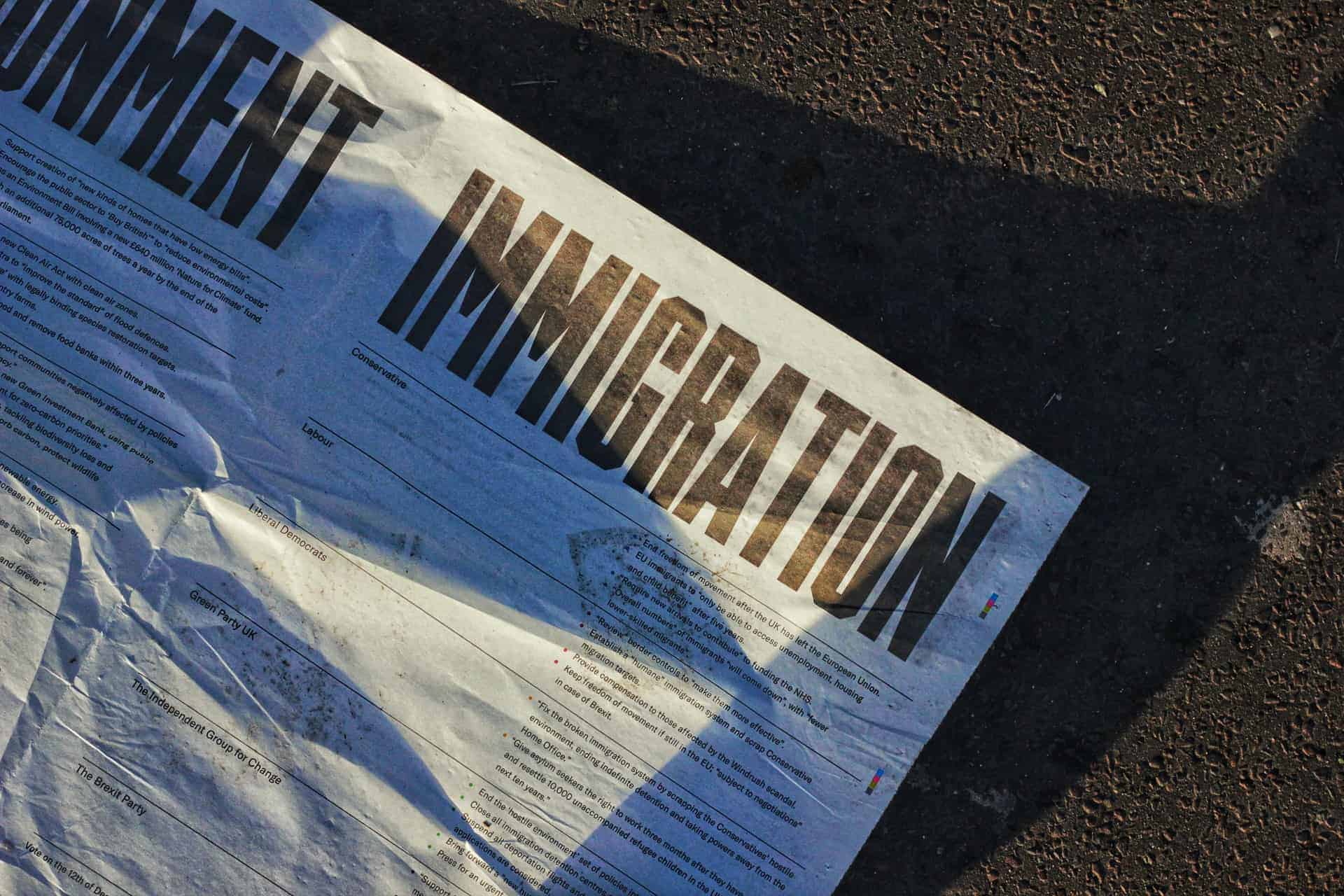One of the main documents that people have to provide to the Costa Rica immigration authorities when requesting residency is the so called “police record”, which is a statement or certification or affidavit provided by the authorities in which the person´s police record (felonies and misdemeanors) is listed.
Many years ago, it used to be that a simple statement from the local police authority would suffice but that is no longer the case.
As of Oct 14, 2019 there was a general directive issued (in Spanish “Circular”) in which the Director General of Immigration establishes that according to the Law, all persons requesting residency must furnish the authorities with a police record that must be translated (if not issued in Spanish) and apostilled (legalized in international terms).
The Director goes on to interpret that it is therefore their responsibility to make sure that the requesting party has not committed a crime in the totality of the country where he/she is from.
She states that countries such as the U.S.A. and Canada have criminal legal systems that have a local and a federal jurisdiction (Mexico and Brazil as well), but that certifications issued by local or the federal government that do not include the name, the personal identification number and fingerprints of the interested party do not guarantee a clear picture of that person´s criminal past.
It is for these reasons that immigration started to request from those countries that have a federal system of law that the criminal record include these three items:
-
- Name
- Identification
- Fingerprints from the federal authorities and not just from the local or state authority
The ruling specifically states that in the case of U.S.A. citizens (or residents), they must obtain and provide a document that includes the information from the “National Crime Information Center Interstate Identification Index or Triple III”.
The document must also be apostilled (a concept of international law that we will discuss in a future article) and translated by an official translator or by a Costa Rican Notary Public that knows both languages.
The person´s address that must be stated is that where the requesting party has resided for the last 3 years. This is important as there will be a number of different documents that have to be provided and the latest address in all of them must match.
In the case that the certification of the police record does indeed state prior arrests or pending criminal cases, then a certification of the status of these cases must also be provided, with translation and legalization, of course.
If and when a person requesting residency files his/her paperwork and is missing this document or has difficulties with this document, the immigration authorities will issue a notification stating the problem and allowing a certain amount of time to address it.
In a subsequent directive dated June 4th 2020, the Director General explained that it was the American Embassy which informed them that the “NCIC” is a database which is used by the FBI for obtaining criminal records through the “Criminal Justice Information Services” Division which guarantees complete information if a person has been convicted of a crime.
This issue has caused quite few questions from interested parties and for that reason, the Director General clarifies the following: The documents through which U.S.A. citizens (and residents for more than 3 years), includes Puerto Rico, can satisfy their criminal record requirement are:
1) A document issued by the “U.S. Department of Justice Federal Bureau of Investigation Criminal Justice Information Services (CJIS) Division”;
2) A document that includes the following statement: “A search of the fingerprints provided by this individual has revealed no prior arrest data at the FBI.
This does not preclude further criminal history at the state or local level.” The document must contain both items.
Finally, it is important to state that according to the rules that regulate visas in Costa Rica, all certifications issued abroad will have an expiration date of 6 months from the date issued, after which the interested party will have to provide a new document.
 *** Lic. Jorge Montero B. is a bicultural lawyer born in New York City, educated in the U.S.A. and in Costa Rica.
*** Lic. Jorge Montero B. is a bicultural lawyer born in New York City, educated in the U.S.A. and in Costa Rica.
He holds various postgraduate and master’s degrees in Criminal, Commercial, Environmental and Agrarian Law from the University of Costa Rica and has over 30 years of litigation, contract and counsel experience.
Email: acmbalaw@gmail.com;
Tel or Whatsapp : (506) 8384- 2246; Office: (506) 2100- 7080






